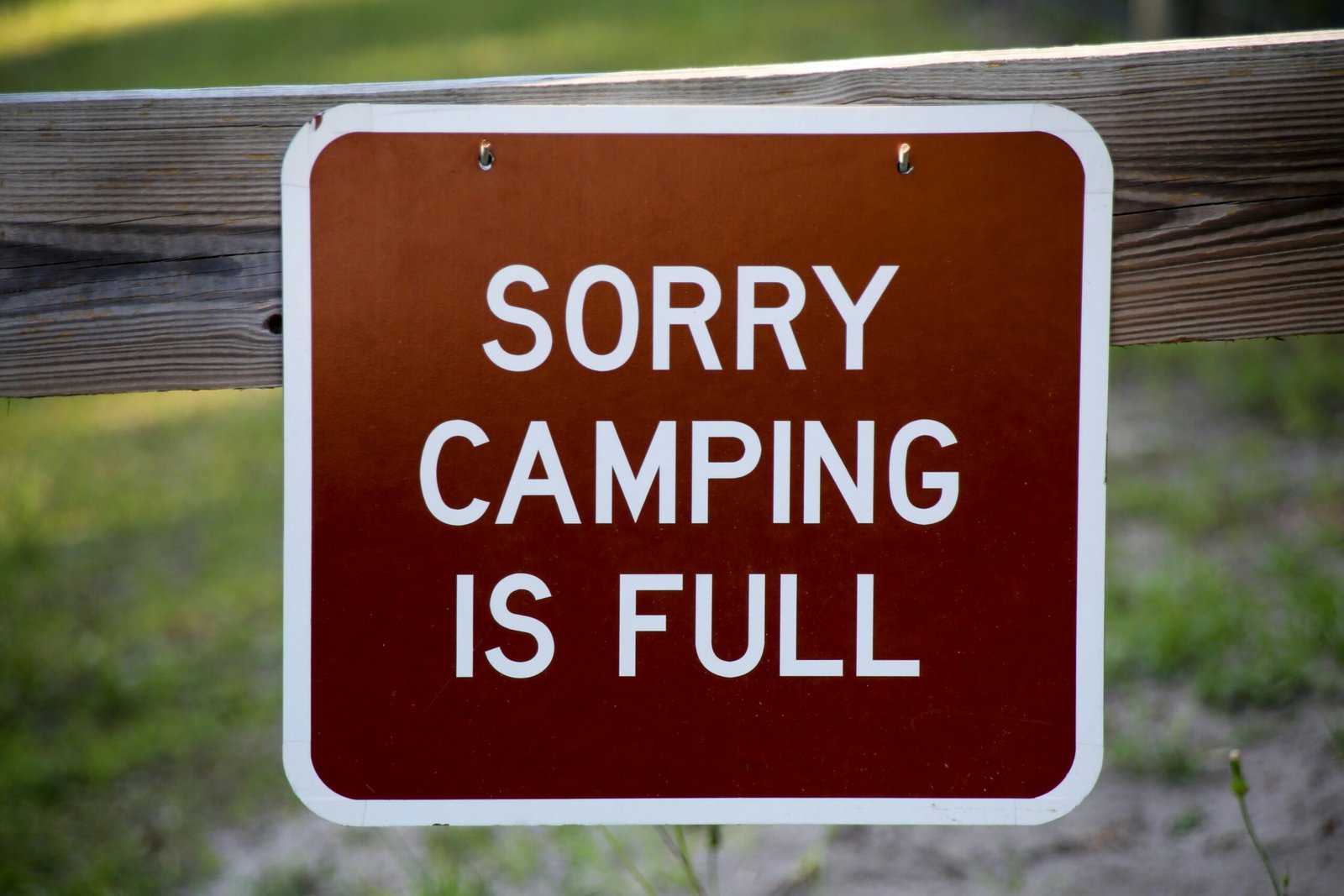
When booking a rental property, it is crucial to provide accurate and detailed information to ensure a seamless experience. The first piece of information you will need to provide is your personal details, including your full name, contact number, and email address. This information is essential for the property owner or manager to communicate with you regarding the booking and any necessary arrangements.
Next, you will need to specify the dates of your stay. It is important to be as precise as possible, including the check-in and check-out dates. This allows the property owner to determine the availability of the rental property during your desired period and avoid any conflicts with other potential guests.
Additionally, you should provide the number of guests who will be staying at the property. This includes both adults and children. It is important to accurately disclose this information to ensure that the rental property can accommodate everyone comfortably and that the correct pricing can be provided.
Furthermore, you should provide any specific requirements or preferences you may have for the rental property. For example, if you require a pet-friendly accommodation or if you have any accessibility needs, it is crucial to communicate these details upfront. This will help the property owner or manager identify suitable options and make any necessary arrangements to ensure your comfort during your stay.
In some cases, you may also be required to provide a form of identification or proof of age, especially if you are booking a property that has age restrictions. This is typically required to comply with local laws and regulations and to ensure the safety and security of all guests.
Lastly, it is important to provide any additional information or special requests that you may have. This could include requesting specific amenities, such as a pool or a gym, or asking for information about nearby attractions or transportation options. The more specific and detailed you are in providing this information, the better equipped the property owner or manager will be to meet your needs and enhance your overall experience.
In conclusion, when booking a rental property, it is essential to provide accurate and detailed information to ensure a smooth and enjoyable experience. By providing your personal details, specifying the dates of your stay, disclosing the number of guests, communicating any specific requirements or preferences, and sharing any additional information or special requests, you can help the property owner or manager tailor their offerings to meet your needs and make your stay as comfortable and memorable as possible.
1. Personal Information
When booking a rental property, the first piece of information you will need to provide is your personal information. This includes your full name, contact details such as phone number and email address, and sometimes your home address. Providing accurate personal information is crucial for the property owner or manager to communicate with you effectively and confirm your booking.
Additionally, sharing your personal information ensures a smooth and secure transaction. Rental property owners and managers need this information to verify your identity and prevent any fraudulent activities. They may also require your personal information to comply with legal requirements and regulations.
Furthermore, providing your contact details is essential for effective communication throughout the booking process. The property owner or manager may need to reach out to you to discuss specific details, answer any questions you may have, or provide important updates regarding your reservation. By providing accurate contact information, you enable them to keep you informed and address any concerns promptly.
Moreover, sharing your personal information can also enhance your overall rental experience. For instance, if you have any specific preferences or requirements, such as accessibility needs or dietary restrictions, providing this information in advance allows the property owner or manager to make the necessary arrangements to accommodate your needs. This proactive approach can contribute to a more enjoyable and comfortable stay.
It is important to note that reputable rental property owners and managers prioritize the privacy and security of your personal information. They have strict data protection measures in place to safeguard your details and ensure they are used solely for the purpose of facilitating your booking. Before providing your personal information, it is advisable to review the property’s privacy policy or terms and conditions to understand how they handle and protect your data.
In conclusion, when booking a rental property, providing accurate personal information is essential. It not only enables effective communication and confirmation of your booking but also ensures a secure and personalized experience. By sharing your personal information, you contribute to a smooth transaction and allow the property owner or manager to cater to your specific needs. Rest assured that reputable rental properties prioritize the privacy and security of your data, ensuring it is handled responsibly.
When it comes to specifying the dates and duration of your stay, it is important to be thorough and accurate. Begin by selecting the check-in and check-out dates that best align with your travel plans. Take into consideration any specific events or activities you wish to attend during your stay, as well as any personal preferences or constraints you may have.
Once you have determined the dates, it is crucial to double-check them to ensure there are no conflicts or overlaps. This is especially important if you have multiple accommodations booked for different parts of your trip. By carefully reviewing the dates, you can avoid any confusion or misunderstandings that may arise.
Additionally, it is essential to be aware of any minimum stay requirements that may be in place for the rental property you are considering. Some properties have specific limitations on the minimum duration of stay, which may vary depending on the time of year or the property’s policies. By familiarizing yourself with these requirements, you can ensure that your chosen dates align with the property’s guidelines.
Furthermore, it is worth considering the flexibility of your travel plans. If you have some flexibility in your schedule, you may be able to take advantage of off-peak rates or special offers. This can be particularly beneficial if you are looking to save money or experience a quieter and less crowded travel experience.
Overall, when specifying the dates and duration of your stay, it is crucial to be diligent and thorough. By carefully selecting your check-in and check-out dates, double-checking for any conflicts or overlaps, being aware of any minimum stay requirements, and considering the flexibility of your travel plans, you can ensure a smooth and enjoyable experience during your stay.
3. Number of Guests
It is essential to provide the number of guests who will be staying at the rental property. This information is crucial for property owners to ensure that their property can accommodate the specified number of guests comfortably. Be honest and accurate when providing this information to avoid any issues during your stay.
When determining the number of guests, consider not only the number of adults but also any children or infants who will be staying with you. It is important to provide an accurate count to ensure that the property has enough sleeping arrangements, such as beds or pull-out sofas, for everyone.
Additionally, some properties have strict occupancy limits due to safety regulations or community guidelines. By accurately stating the number of guests, you can help the property owner ensure that they are adhering to these limits and maintaining a safe environment for all guests.
Keep in mind that exceeding the maximum occupancy can not only lead to discomfort for everyone involved but may also result in penalties or even eviction. It is always better to be upfront about the number of guests to avoid any misunderstandings or unpleasant situations.
Furthermore, knowing the number of guests can also help the property owner provide you with the necessary amenities and services. For example, if you are traveling with a large group, they may be able to arrange for additional bedding, towels, or even offer suggestions on nearby attractions suitable for your party size.
Remember, the number of guests you provide should be based on the actual number of individuals who will be staying overnight at the rental property. If you are planning on having visitors or hosting events during your stay, it is important to discuss this with the property owner beforehand and obtain their permission.
In conclusion, accurately providing the number of guests who will be staying at the rental property is crucial for a smooth and enjoyable stay. By doing so, you can ensure that the property is suitable for your party size, comply with occupancy limits, and receive the necessary amenities and services. So, be honest and upfront when providing this information to avoid any complications during your vacation.
If you have any special requirements or preferences, it is important to communicate them when booking a rental property. For example, if you have specific accessibility needs or require a pet-friendly accommodation, make sure to mention it in your booking request. This will help the property owner or manager to assess whether they can meet your needs and provide you with a suitable rental property.
Additionally, if you have any dietary restrictions or allergies, it is crucial to inform the property owner or manager beforehand. This will allow them to make necessary arrangements or suggest nearby restaurants that can cater to your needs. Whether you are a vegetarian, vegan, or have any food intolerances, providing this information in advance will ensure a smooth and enjoyable stay.
Moreover, if you are traveling with children, you may have specific requirements such as cribs, high chairs, or childproofing measures. These details should be communicated during the booking process to ensure that the rental property can accommodate your family comfortably and safely.
Furthermore, if you have any preferences regarding the location or amenities of the rental property, it is advisable to mention them as well. For instance, if you prefer a property with a swimming pool, a gym, or a balcony with a view, make sure to include these preferences in your booking request. This will help the property owner or manager to suggest suitable options that align with your preferences.
In conclusion, communicating any special requirements or preferences when booking a rental property is essential to ensure a pleasant and tailored experience. By providing this information in advance, you increase the chances of finding a property that meets your needs and enhances your overall stay. Remember, clear and open communication is key to a successful rental experience.
5. Payment Information
When booking a rental property, you will need to provide payment information. This typically includes your credit card details or any other accepted payment methods. Make sure to provide accurate and secure payment information to avoid any unauthorized charges or fraudulent activities. It is also essential to review the property’s payment and cancellation policies before making a booking.
Before entering your payment details, it is crucial to ensure that the website or platform you are using is secure. Look for the padlock symbol in the address bar, indicating that the website has a valid SSL certificate. This certificate encrypts your data, making it difficult for hackers to intercept and misuse your payment information.
When entering your credit card details, double-check that the website’s URL starts with “https://” instead of “http://”. The “s” in “https://” stands for secure, indicating that the website is using a secure connection to transmit your data.
Additionally, be cautious of any suspicious emails or phone calls asking for your payment information. Scammers may pose as property owners or rental agents, attempting to trick you into providing your credit card details over the phone or through email. Always verify the legitimacy of the person or company before sharing any sensitive information.
Once you have provided your payment information, the rental property’s payment policies will come into effect. Some properties may require a deposit or full payment upfront, while others may offer flexible payment options. It is essential to carefully review these policies to understand the payment schedule and any applicable fees or penalties for cancellations or changes.
In case of any discrepancies or issues with your payment, it is advisable to keep a record of all communication and transaction details. This includes confirmation emails, receipts, and any correspondence with the property owner or rental platform. Having these records will make it easier to resolve any disputes or misunderstandings that may arise.
Remember, providing accurate and secure payment information is crucial when booking a rental property. By following these guidelines and staying vigilant, you can ensure a smooth and secure payment process, giving you peace of mind as you plan your vacation or business trip.
6. Rental Agreement and Terms
Before finalizing your booking, you may be required to review and agree to the rental agreement and terms. This document outlines the rules, regulations, and responsibilities associated with your stay at the rental property. It is crucial to read and understand the terms before agreeing to them to ensure a smooth and enjoyable experience.
The rental agreement and terms cover various aspects of your stay, including the duration of your rental, payment details, cancellation policy, and any additional charges or fees that may apply. It also includes information about the property’s amenities, such as parking availability, internet access, and any specific rules or restrictions that guests must adhere to during their stay.
By reviewing and agreeing to the rental agreement and terms, you are acknowledging your understanding of the property owner’s expectations and agreeing to abide by them during your stay. This ensures that both parties are on the same page and helps to prevent any misunderstandings or conflicts that may arise during your time at the rental property.
In addition to outlining the rules and regulations, the rental agreement and terms may also include information about the property’s maintenance and liability. It may specify who is responsible for any damages or repairs that occur during your stay and provide instructions on how to report any issues that may arise.
It is important to carefully review the rental agreement and terms to ensure that you are comfortable with the conditions and requirements set forth by the property owner. If you have any questions or concerns, it is advisable to reach out to the property owner or rental agency for clarification before agreeing to the terms.
Once you have reviewed and agreed to the rental agreement and terms, you can proceed with finalizing your booking. It is essential to keep a copy of the agreement for your records, as it serves as a reference point for both you and the property owner throughout your stay.
By understanding and complying with the rental agreement and terms, you can have a worry-free and enjoyable experience during your stay at the rental property. It sets clear expectations for both parties and ensures that everyone is aware of their rights and responsibilities, promoting a positive and respectful environment for all.
7. Additional Requests or Questions
If you have any additional requests or questions, it is advisable to communicate them during the booking process. This could include inquiries about amenities, nearby attractions, or any specific concerns you may have. Clear communication and addressing any queries beforehand can help avoid any misunderstandings or disappointments.
When it comes to additional requests, it is important to be specific and provide as much detail as possible. For example, if you have dietary restrictions, it is crucial to inform the hotel or accommodation provider in advance so they can make the necessary arrangements to accommodate your needs. This could involve requesting vegetarian or gluten-free meal options, or ensuring that your room is free from any allergens.
Similarly, if you have any specific preferences or requirements, such as needing a room on a higher floor or with a particular view, it is best to mention these during the booking process. While not all requests can be guaranteed, many hotels and accommodations will do their best to accommodate your preferences if they are aware of them in advance.
In addition to requests, it is also a good idea to ask any questions you may have about the property or the surrounding area. This could include information about transportation options, nearby attractions, or recommendations for restaurants or activities. By asking these questions before your arrival, you can ensure that you have all the information you need to make the most of your stay.
Remember, the more information you provide and the more questions you ask, the better prepared you will be for your trip. It is always better to clarify any doubts or concerns beforehand rather than being disappointed upon arrival. So, take the time to communicate your requests and ask any questions you may have, and enjoy a stress-free and enjoyable stay at your chosen accommodation.




